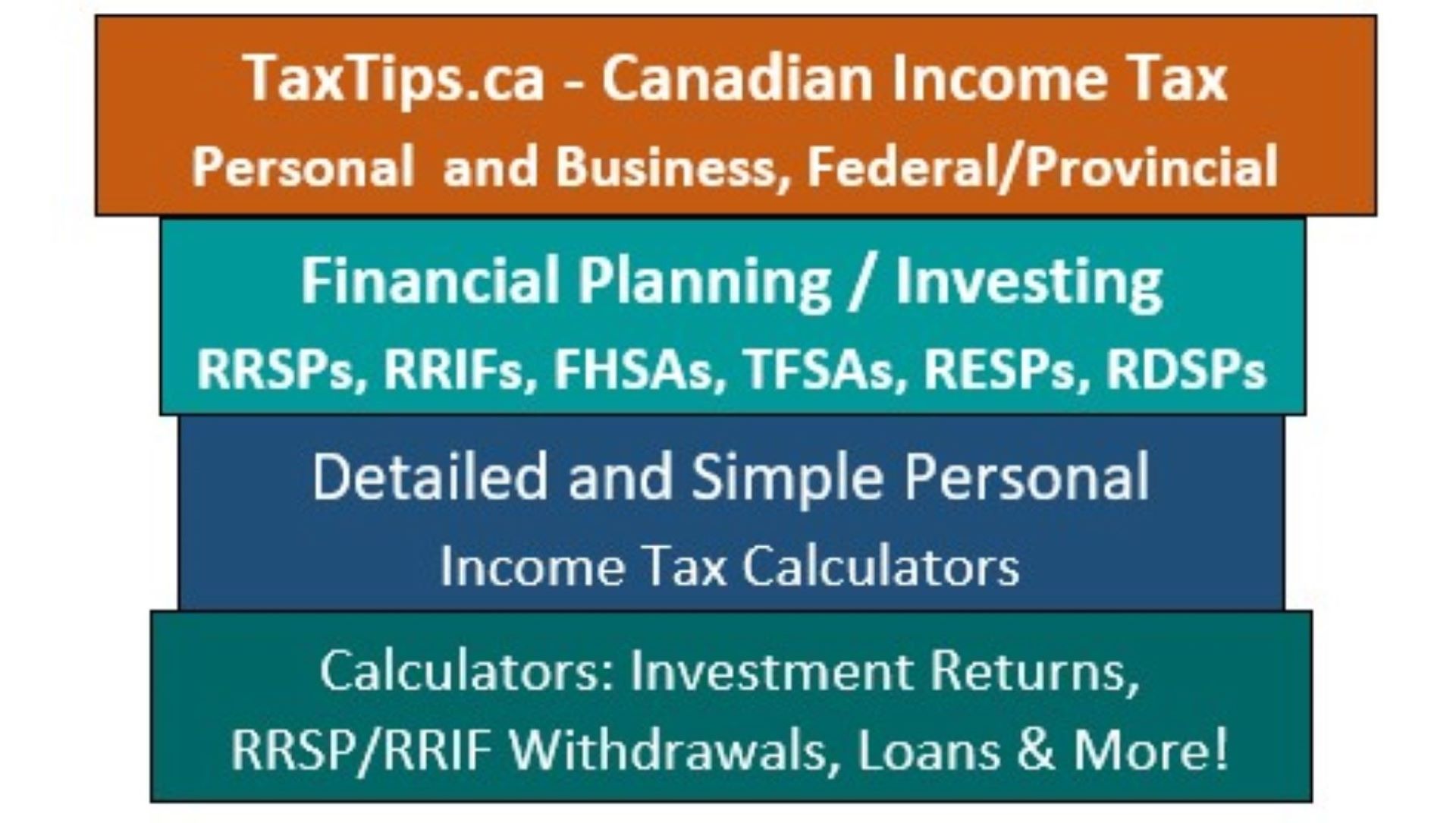Sorry, I didn't see this until now. It all depends whether the option trade expires in or out of the money.

End of Year Position Reporting
Do you want to close a position before the end of the year to harvest a profit or loss? If you wish to have a position report as a profit or loss, please be aware there are deadlines to close a position to count towards the 2023 tax year. 2023 ...tastyworks.freshdesk.com
Thanks, this was helpful:
"Long and short options that expire out-of-the-money and worthless on Friday, December 31, 2021, will act as the "closing transaction." As a result, the loss or gain from the option will report in the 2021 tax year."



